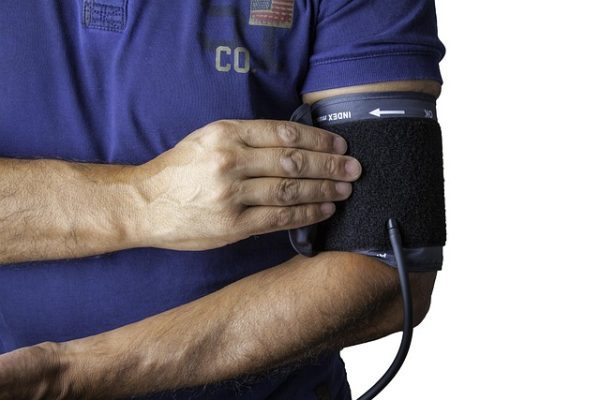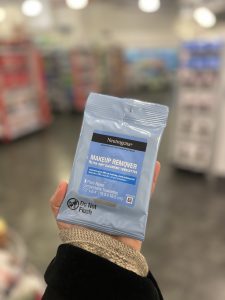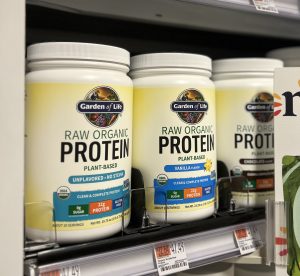Unsanitary Conditions Generate a Major Recall Across Food Brands
 Recently, unsanitary conditions were discovered at a storage facility, causing the recall of hundreds of products that were distributed to 50 stores in North Dakota, Minnesota and Indiana. These conditions included contamination from rodent urine and feces and bird droppings in locations where many different kinds of products, including drugs, medical devices, food, pet products and cosmetics were stored. If you have bought any of the affected products in those states, you’re advised not to use the product, since serious health risks, including Salmonella, could ensue from usage. If you are concerned that you were harmed by one of the affected products that were recalled and need to figure out whether you have grounds to sue, you should call the seasoned Chicago-based product liability lawyers of Moll Law Group. Billions have been recovered in litigation with which we’ve been involved, and we represent clients around the country.
Recently, unsanitary conditions were discovered at a storage facility, causing the recall of hundreds of products that were distributed to 50 stores in North Dakota, Minnesota and Indiana. These conditions included contamination from rodent urine and feces and bird droppings in locations where many different kinds of products, including drugs, medical devices, food, pet products and cosmetics were stored. If you have bought any of the affected products in those states, you’re advised not to use the product, since serious health risks, including Salmonella, could ensue from usage. If you are concerned that you were harmed by one of the affected products that were recalled and need to figure out whether you have grounds to sue, you should call the seasoned Chicago-based product liability lawyers of Moll Law Group. Billions have been recovered in litigation with which we’ve been involved, and we represent clients around the country.
Call Moll Law Group About Your Claim
Gold Star Distribution, Inc. has recalled hundreds of different grocery items and products because of unsanitary conditions at its storage facility in Minneapolis. There are so many products that they are listed over 44 pages, so they cannot all be listed here. However, some well-known products that are affected include Dole pineapple slices, Haribo products, Gummi savers, Maruchan ramen, Jolly Ranchers, Saltine crackers, many flavors of Pringles, Quaker products, Werther’s, Lifesavers, Hershey’s products, Enfamil infant formula, Reese’s products, Arizona iced tea, and more.
Consumers may face serious health risks as a result of exposure to the affected products. Even contacting packaging that’s been contaminated with rodent droppings can result in someone getting sick; rodents carry Leptospira, which is the bacteria that causes leptospirosis. If someone develops leptospirosis that goes untreated, he or she can suffer kidney damage, liver failure, meningitis, difficulty breathing or even death. Symptoms can include rash, chills, headache, jaundice, body or muscle aches, red eyes, nausea, vomiting, stomach pain, and diarrhea.
 Illinois Injury and Mass Tort Lawyer Blog
Illinois Injury and Mass Tort Lawyer Blog






 Recently, Outdoor Master children’s and youth helmets that violated the mandatory safety standard for bike helmets were
Recently, Outdoor Master children’s and youth helmets that violated the mandatory safety standard for bike helmets were  On November 26, 2025, the KingPavonini Adult Portable Bed Rails were
On November 26, 2025, the KingPavonini Adult Portable Bed Rails were  The United States Food and Drug Administration has expanded a ground cinnamon recall to
The United States Food and Drug Administration has expanded a ground cinnamon recall to  A string of lawsuits has been filed against Roblox alleging that the platform allows child grooming and exploitation. In November, it was reported that the company faced more than
A string of lawsuits has been filed against Roblox alleging that the platform allows child grooming and exploitation. In November, it was reported that the company faced more than  Thirty-nine infants have been hospitalized with botulism, which can be fatal, and officials have linked their illness with ByHeart Whole Nutrition Infant Formula. The infants range in age from 16 to 264 days. There have been no deaths so far. All ByHeart baby formula has been
Thirty-nine infants have been hospitalized with botulism, which can be fatal, and officials have linked their illness with ByHeart Whole Nutrition Infant Formula. The infants range in age from 16 to 264 days. There have been no deaths so far. All ByHeart baby formula has been  On October 7, Teva Pharmaceuticals
On October 7, Teva Pharmaceuticals  Hormel Foods
Hormel Foods  Over 15,000 packages of
Over 15,000 packages of  A Consumer Reports investigation found that some protein shakes and powder include dangerous levels of lead. The
A Consumer Reports investigation found that some protein shakes and powder include dangerous levels of lead. The